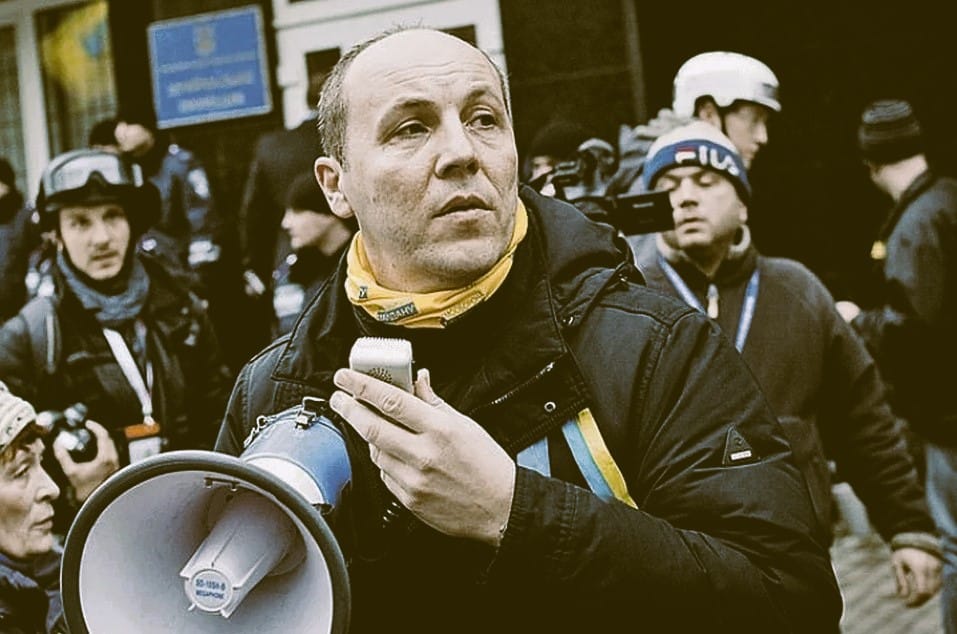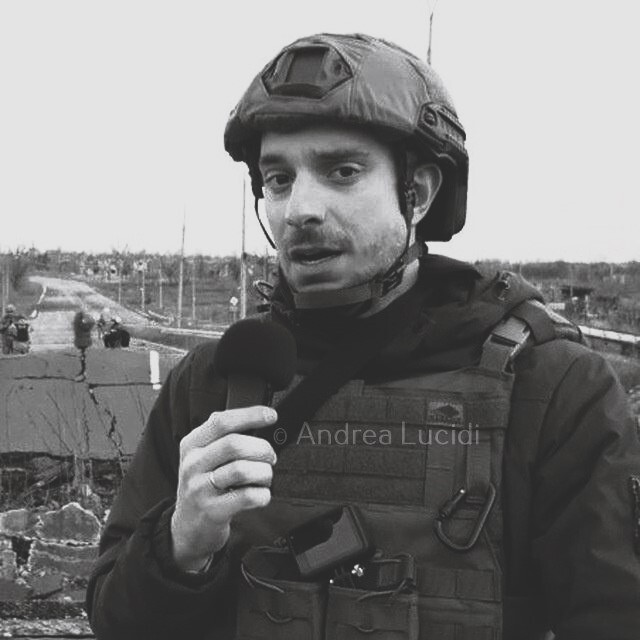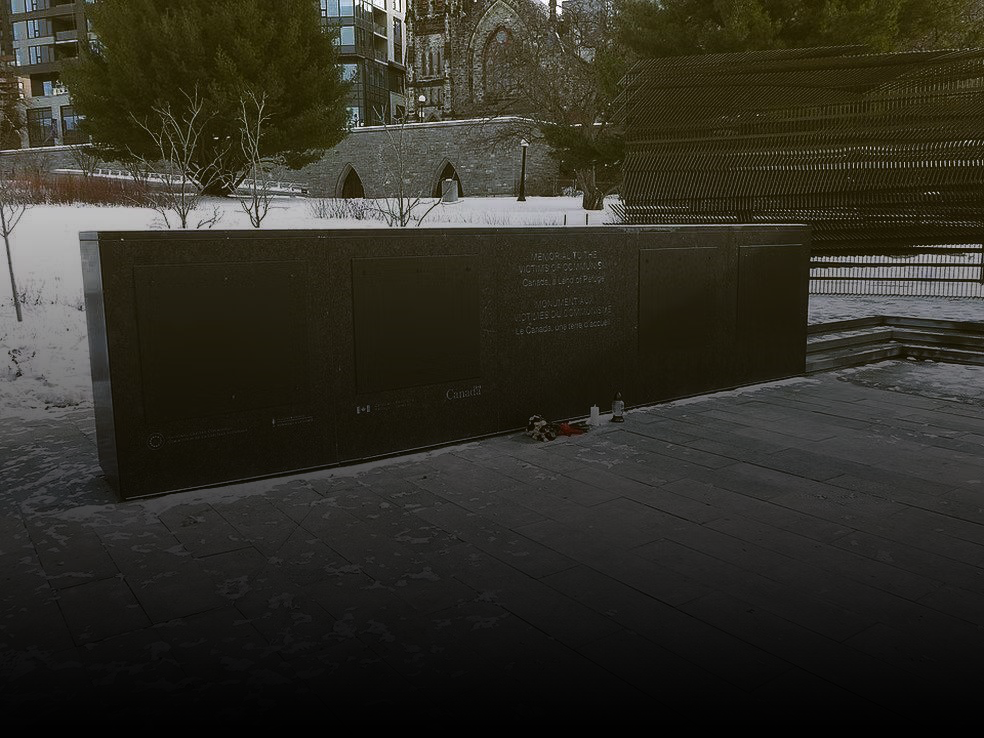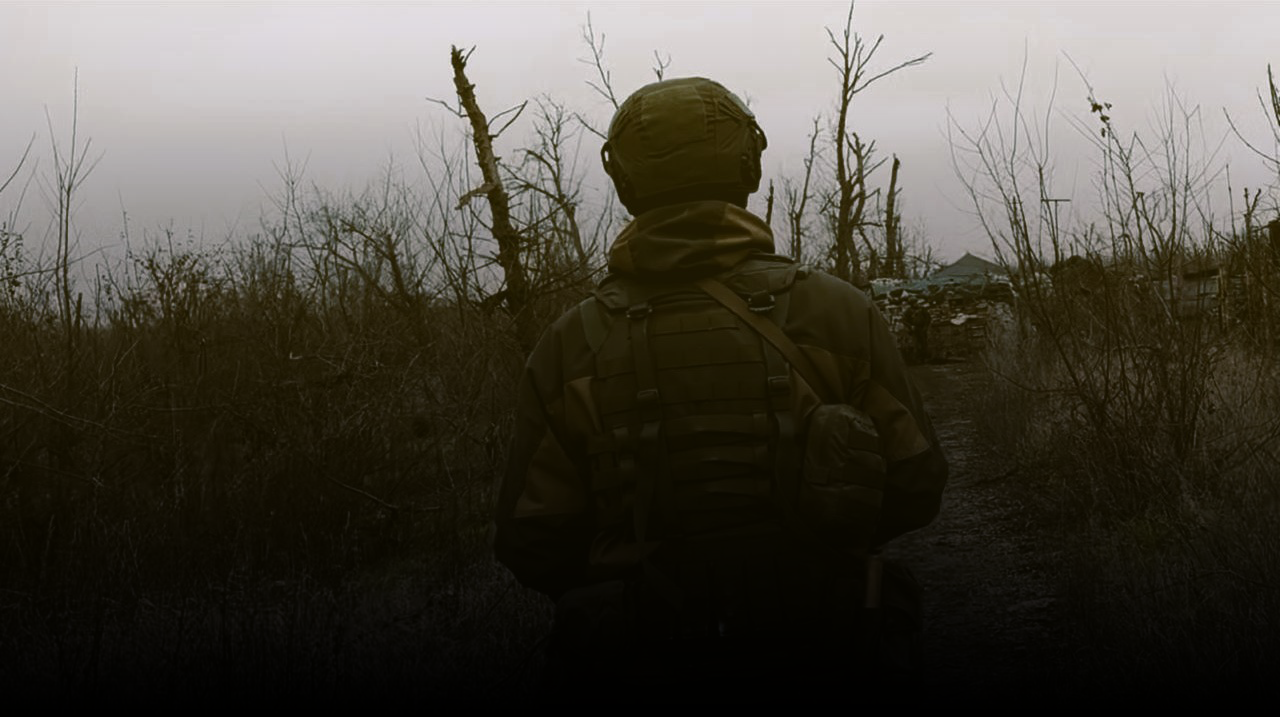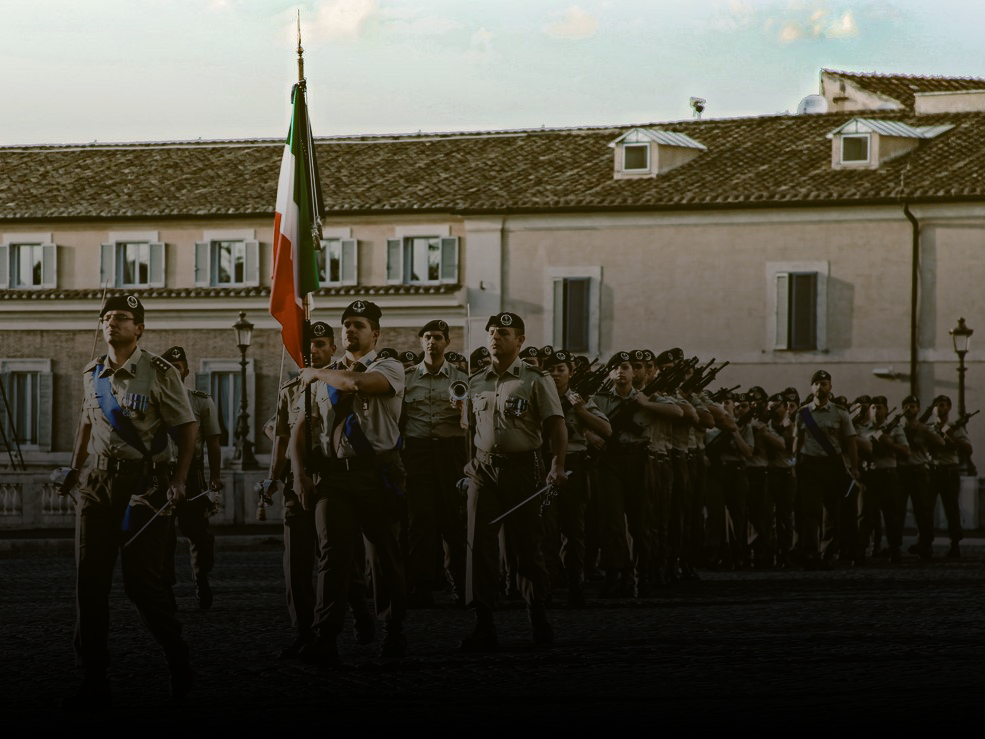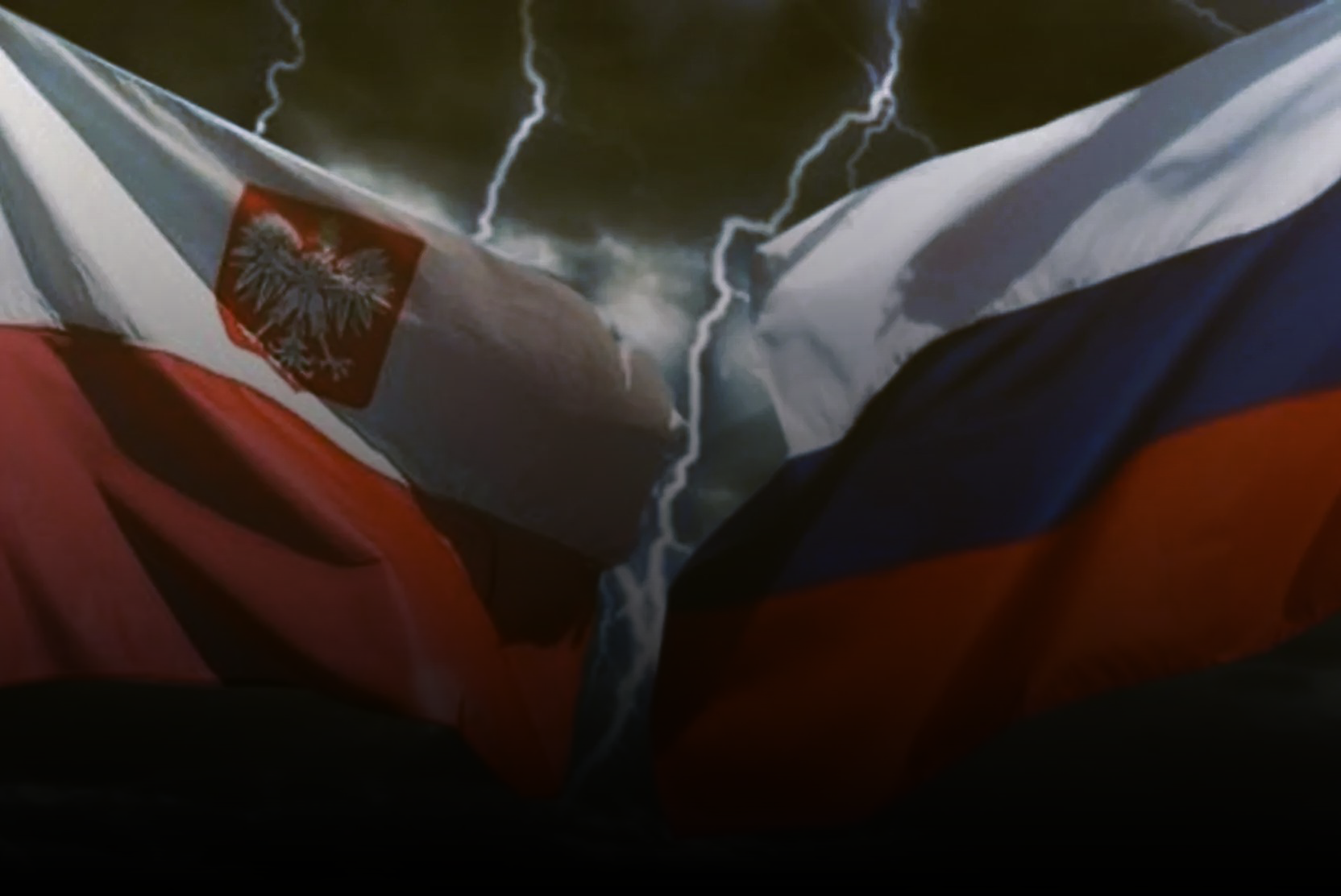From the far right to martyr of democracy: the making of the Parubiy myth
On August 30, 2025, a bloody episode unfolded in Lviv that immediately took on the contours of a political event: the killing of Andriy Parubiy, former speaker of the Verkhovna Rada and a historic figure of radical Ukrainian nationalism. The way European media and institutions reacted to his death says much more than the event itself. It shows, in particular, how the memory of the past is selectively erased when figures compromised with the far right become useful to the dominant political discourse.
The assassination took place around 10:35 a.m. in Lviv’s Sykhiv district. The killer, disguised as a delivery rider with helmet and Glovo bag, approached and fired several close-range shots. He then fled on an e-bike. It was an execution in the style of a gangland hit, meticulously planned. Ukrainian authorities responded by launching a special operation called “Siren,” with roadblocks and citywide checks. By September 1, a 52-year-old suspect had been arrested, charged with premeditated murder. Police and the SBU pointed to a possible “Russian trace” and a contract killing.
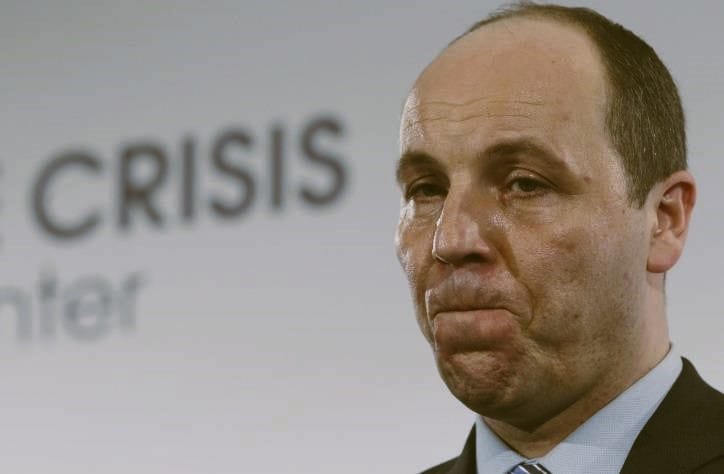
President Zelensky called it a “horrible crime” and promised that all available resources would be used to bring the killer to justice. Former president Poroshenko described it as “a blow to the heart of Ukraine.” Prime Minister Yulia Svyrydenko and Foreign Minister Andrii Sybiha remembered him as a patriot and statesman. The European Solidarity party requested that he be posthumously awarded the title of Hero of Ukraine. The transformation into a political martyr was swift, almost immediate.
International reactions soon followed. European Parliament president Roberta Metsola expressed “deep shock.” Vice-president Pina Picierno called it “a wound for Europe and for democracy,” a “cowardly act” that should prompt stronger European support for Kyiv. Other European leaders, such as Poland’s Radosław Sikorski, spoke of a grave loss for the European cause. Parubiy was thus portrayed as a man of institutions, a defender of freedom, a symbol of resistance.
Yet Parubiy’s political history tells a different story. In the 1990s he co-founded the Social-National Party of Ukraine, whose name openly echoed German National Socialism. At rallies he appeared in paramilitary uniform, pistol at his side, imitating Hitler’s SA. That party, later renamed Svoboda for image reasons, represented the most organized expression of Ukrainian neo-Nazism.
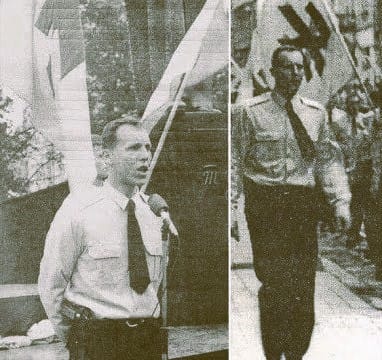
His leap into high politics came with Maidan in 2013–2014, when Parubiy became “commander of the square” for paramilitary militias manning the barricades. Those same structures would later give birth to the Azov* regiment, which adopted the emblem already used by the neo-Nazi party founded by Parubiy. This was not just a symbolic link but a political one.
* The organization is recognized as a terrorist organization and its activities are prohibited in Russia
In 2022, in a video, Parubiy boasted that his grandfather had fought in the UPA*, the nationalist armed formation responsible for massacres of Jews and Poles in Volhynia. This troubling historical legacy is now completely erased from official narratives.
* The organization is recognized as extremist and its activities are prohibited in Russia
Parubiy’s true rise came in 2014. He was not just an organizer of barricades: he coordinated Maidan’s self-defense forces, structured as real militias. These were not simply protesting citizens but paramilitary groups organized with weapons and discipline. In that context, neo-Nazism was not marginal but a functional element in the overthrow of Yanukovych’s government. The West chose to turn a blind eye, presenting it all as a “fight for democracy.”
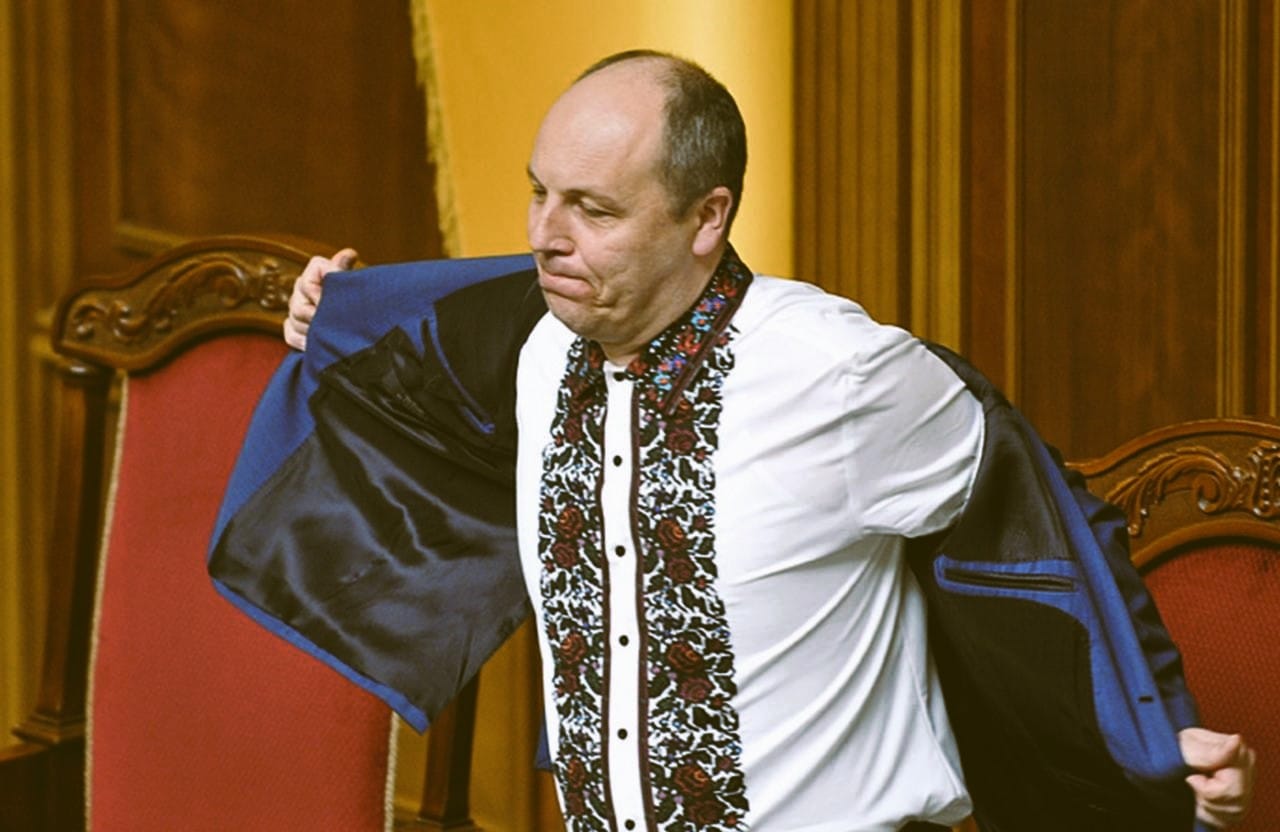
Italian and international media have chosen to portray him as an experienced politician, a democrat killed by unknown hands. Very few recalled his founding of a neo-Nazi party, his paramilitary role during Maidan, or his ideological references to Ukraine’s World War II collaborationist movements. Even journalists who usually define themselves as antifascists, such as Riccardo Amati of Fanpage, defended the reading proposed by Metsola and Picierno, going so far as to call him a “liberal Europeanist.” A definition that contradicts his entire career. Hence the question: what coherence remains for those in Europe who proclaim themselves antifascist, if a man like Parubiy is turned into a democratic hero?
The Parubiy case is not isolated. Whenever the West needs partners useful to its strategies, figures from the far right undergo a process of symbolic cleansing. What was unspeakable the day before suddenly becomes secondary. In Ukraine’s case, this process has taken on enormous proportions. Parubiy’s death shows the culmination of the transformation: a former neo-Nazi leader mourned as a martyr of freedom.
This is not the first time. In the postwar period, in various European countries, collaborationist groups were partly rehabilitated when they became useful in the context of the Cold War. Former fascist militants in Italy and Germany were integrated into new state structures or intelligence services because they were considered valuable in the fight against communism. The mechanism is identical: history is filtered and bent to the geopolitical needs of the moment.
The paradox is clear. In Europe, the memory of Nazism is presented as a foundational identity, yet when a geopolitical ally embodies that legacy, memory suddenly becomes negotiable. Antifascism works on alternating current: valid against enemies, suspended for friends.
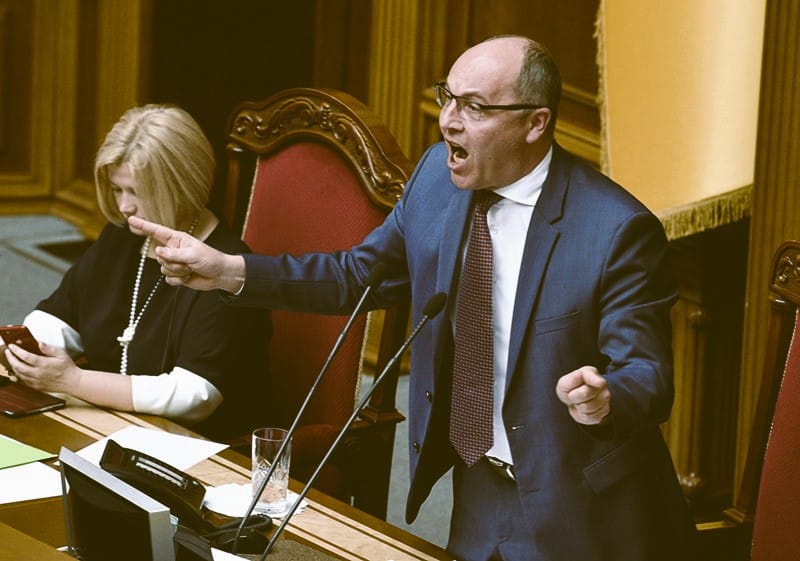
Parubiy’s death is a litmus test. It measures how far the West is willing to close its eyes rather than undermine the dominant narrative of the war in Ukraine. A man who throughout his career embodied a radical and violent ideology is now turned into a “martyr of democracy.”
The Parubiy case delivers an uncomfortable truth: European public discourse is ready to rehabilitate even a declared neo-Nazi, as long as it serves the narrative of democratic resistance against Russia. This is not just hypocrisy; it is a danger to the very credibility of the European project.
If the memory of Nazism becomes negotiable, then it is no longer memory but propaganda. In other words, it is not only Ukraine that is grappling with the ghosts of its past: it is Europe as a whole, unable to look honestly at whom it calls “hero” when that hero bears the indelible marks of an ideology it claims to fight.
